
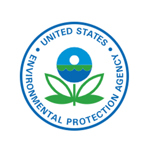
The Environmental Protection Agency is an independent executive agency of the United States federal government tasked with environmental protection matters. The EPA has its headquarters in Washington, D.C., regional offices for each of the agency's ten regions, and 27 laboratories. The agency conducts environmental assessment, research, and education. It has the responsibility of maintaining and enforcing national standards under a variety of environmental laws, in consultation with state, tribal, and local governments. It delegates some permitting, monitoring, and enforcement responsibility to U.S. states and the federally recognized tribes. EPA enforcement powers include fines, sanctions, and other measures. The agency also works with industries and all levels of government in a wide variety of voluntary pollution prevention programs and energy conservation efforts.
WEBSITE

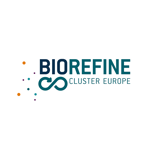
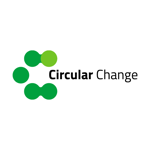
Circular Change is a leading platform guiding the transition to a circular economy. Recognizing this shift as a necessity, it empowers businesses, governments, and communities to shape their own circular journey. Through a strong international network, Circular Change fosters collaboration and innovation, co-creating solutions, projects, reports, and events with companies, cities, non-profits, researchers, and the media. By engaging diverse stakeholders, it drives systemic change toward a more sustainable world—NOW.
WEBSITE
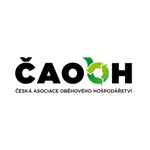
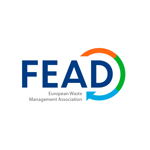
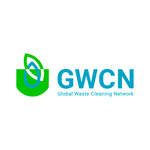
Global Waste Cleaning Network (GWCN) is a UK-based non-profit network comprised of NGOs, educational and research institutions, and private and public sector companies, that are active and interested in environmental issues related to the management and reduction of waste, whether solid, liquid or gaseous. It is currently the world's largest environmental and energy network with over 2,100 member organisations in 187 countries, and an advocate organisation for decarbonization, environmental sustainability and energy transition. GWCN showcases and connects its network members, supports their environmental activities, contributes to environmental events and discussions, and fosters environmental research.
WEBSITE

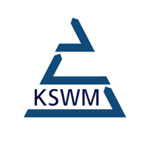
The Korea Society of Waste Management was founded in 1983 as scientific engineering and professional organization dedicated to the advancement of the theory and application of Waste Management Technology. Today the KSWM has more than 5.000 members, 4 regional sections and 7 technical divisions. The KSWM encourages the technical, social and cultural exchanges among the members. It endeavors to improve the technological level of academia and promote the development of technology through educational - industry cooperation.
WEBSITE
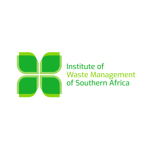
The Institute of Waste Management of Southern Africa (IWMSA) is a multi-disciplinary non-profit association that is committed to supporting professional waste management practices. The organisation comprises of voluntary members who promote environmentally acceptable, cost effective and appropriate waste management practices. IWMSA strive towards the protection of the environment and people of southern Africa from the adverse effects of poor waste management by supporting sustainable best practical environmental options. The Institute contribute to the improvement of waste management standards and legislation, support international, national and regional trends in best environmental practices; promote the science and technology of waste management and practice affordable cost effective management of waste. Education and training in the realm of effective and efficient waste management is also a key focus of the organisation.
WEBSITE
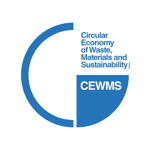
The CEWMS Study Center – Circular Economy, Waste, Materials and Sustainability is a interdepartmental center of the University of Padova (IT) that involves more than 67 professors and researchers, belonging to different departments of the University (Civil, Construction and Environmental Engineering, Industrial Engineering, Technique and Management of Industrial Systems, Biology, Chemical Sciences, Public, International and Community Law, Economic and Business Sciences, Psychology of Development and Socialization, Geosciences, Territory and Agro-forestry Systems). The study center contributes to develop interdisciplinary research and create new synergies, becoming a reference point for the implementation of circular economy practices.
WEBSITE
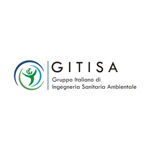
The Italian Group of Environmental and Sanitary Engineering (GITISA) is the Association of professors in the scientific disciplinary sector of Sanitary-Environmental Engineering from over 25 Italian universities. The aim of the association is to promote and coordinate both teaching and research activities. To this end, it carries out its activity through working groups, assemblies and meetings, collaborating in the organization of conferences, symposiums, summer schools, also jointly with other associations and scientific bodies, both national and international.
WEBSITE
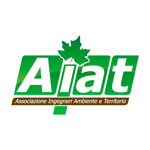
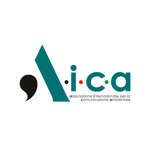
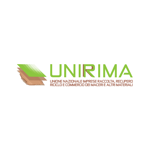
UNIRIMA, National Union of Recovery and Recycling Paper Companies, is an autonomous Association that represents and protects the Italian companies active in the collection, recovery, recycling and commercialization of paper. The waste sorting of paper and cardboard, both from the municipalities (municipal waste) and commercial, artisanal, industrial and tertiary (special waste) activities, is conferred to the recovery/recyclying plants that are members of UNIRIMA. The paper output of those plants, called Raw Material-End of Waste, is sent to the paper mills. The entire sector counts over 700 plants with a production of about 6,6 million tons of recycled paper. UNIRIMA is the main and largest Italian federation in this industrial sector and, therefore, is a reference point for this historic segment of the Italian "green" industry that since its origin has represented a perfect example of circular economy, reusing leftovers and recycled waste for the production of new paper.
WEBSITE